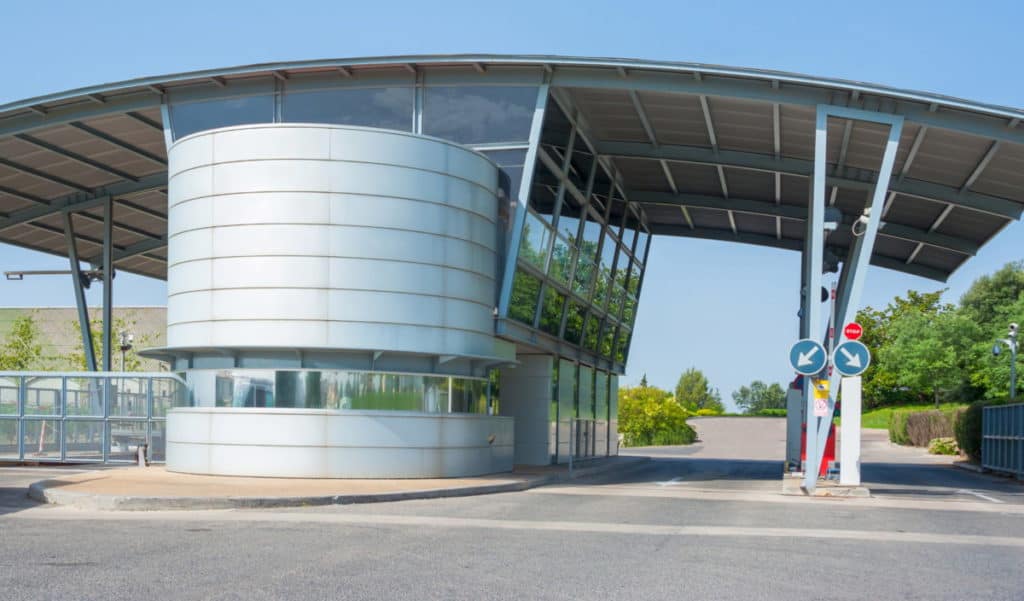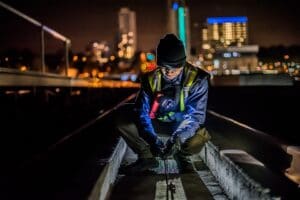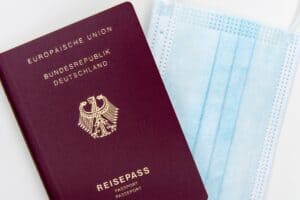The Danish government, in a move to boost security, has initiated border checks with Sweden and strengthened police efforts therein. At the same, it has also extended border controls with southern neighbor Germany for an additional six months to strengthen border protection.
The Denmark Ministry of Justice, in its press release, reported that a total of 13 blasts have been witnessed by residents of the metropolitan area since February this year. Two of these blasts were towards public buildings.
“The police are of the opinion that the explosion at the Tax Agency was carried out on 6 August by criminals who had traveled across the border from Sweden to Denmark. And at the end of June this year, we witnessed a violent double murder on the open street in Herlev, which police believe was a showdown between rival gangs from Sweden. At the same time, the terror threat to Denmark remains serious,” the press release explains in justifying the Ministry’s decision.
Nick Hekkerup, Minister of Justice also contends that the explosion at the Tax Agency and the double murder in Herlev are a few of the serious crimes that come from the border with Sweden.
“We will not accept that. To counter the threat of serious cross-border crime, we are now strengthening the protection of the border against Sweden by introducing temporary border control and strengthening police efforts in border areas against Sweden. For the government, it has been crucial that we work in a smart and effective way,” Hekkerup said as he emphasized that the focus of the actions is on the organized criminals and the ordinary citizens, who comprise the majority of travelers crossing the border daily should not worry.
The border controls with Sweden, which was launched on November 12, 2019, along with those with Germany will be implemented for another six months but are intended to be temporary.
A few initiatives to address the worsening security situation had been proposed in the past. Mette Frederiksen had vowed to strengthen border controls since August in the aftermath of two bomb blasts that rocked Copenhagen. In May, Lars Lokke Rasmussen, former Prime Minister of Denmark, has proposed that Denmark initiate permanent border controls as a way to deal with terrorism and illegal migration. In a separate development, Austria and Germany have recently extended their internal border controls for another six months, the former with Slovenia and Hungary, and the latter with Austria.















